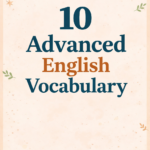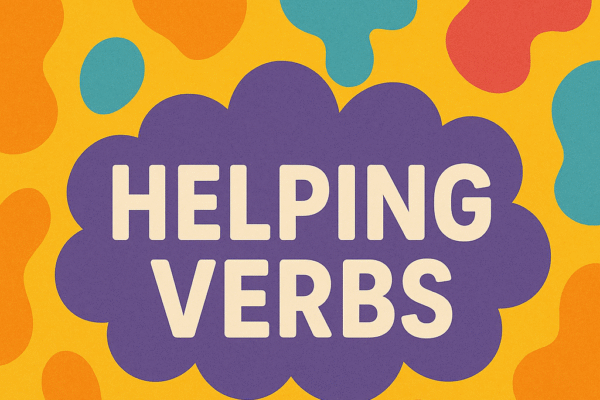
Exploring Opposites: A Guide to Common English Antonyms
An antonym is a word with the opposite meaning of another word. For example, “big” (meaning large in size) has the antonym “small” (meaning little in size). Antonyms are used to express contrast or opposition in meaning, such as “hot” (high temperature) versus “cold” (low temperature). They help clarify differences in concepts, like “fast” (quick)…










